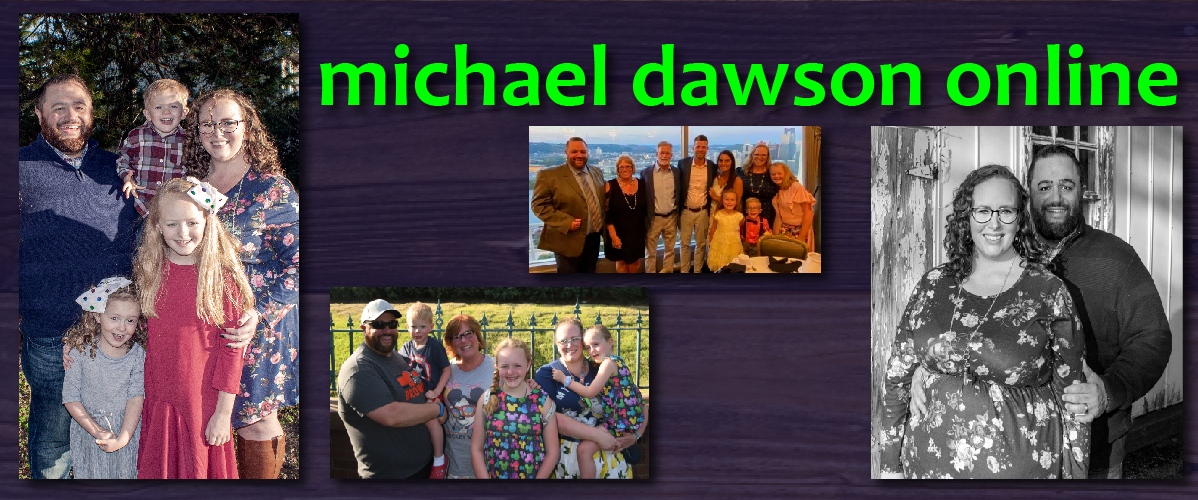Below is the daily Bible reading I am doing for the West Side Church. Please feel free to follow along.
Today’s reading (Mark 4) talks a lot about seeds. Seeds are very important to all life that moves on this earth. Seeds grow best in soil that is perfect for planting. Today’s reading teaches us a lot about the growth of seeds. Today’s reading is not about physical seeds but spiritual seeds. The seeds Christ was talking about are the seeds of hope and love that come through the message of Christ’s crucifixion and resurrection. We can learn two great lessons from Jesus story about seeds.
The first is this: we have the responsibility to be casting out seeds to all who hear. We must continually be sharing the message of the cross, the message of hope, the message of salvation with all people. Whether this through words or deeds the gospel must go forth. This type of evangelism takes place with people we may only have a few moments with, like the lady at a supermarket in a town we are visiting, or the gas station attendant on your trip to Florida. We might only have a few brief moments with them so we must continually be chucking out seeds not worrying were it lands. In this manner of evangelism we partner with God to allow him to grow the seeds in the soil they fall.
However, we must also learn this second lesson: the best crop is going to grow from good soil. Seeds grow best when the soil is perfect. While we have the responsibility of chucking seeds, we must also take time to prepare the soil. This is where we begin to do evangelism with friends and neighbors; people where we can invest time and energy. When we plant seeds in fertile prepared soil, then the message of the gospel is going to take hold and produce an abundant crop.
So how is your seed chucking when you around strangers? Do they see something that is inspiring, something different that they might investigate later? Do you have people where you are preparing the soil? Are planting seeds in people where the soil is getting more and more ripe to grow and abundant crop? If not, what are you going to do to change that?

No comments:
Post a Comment